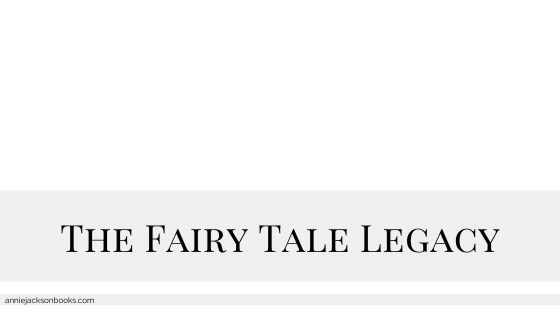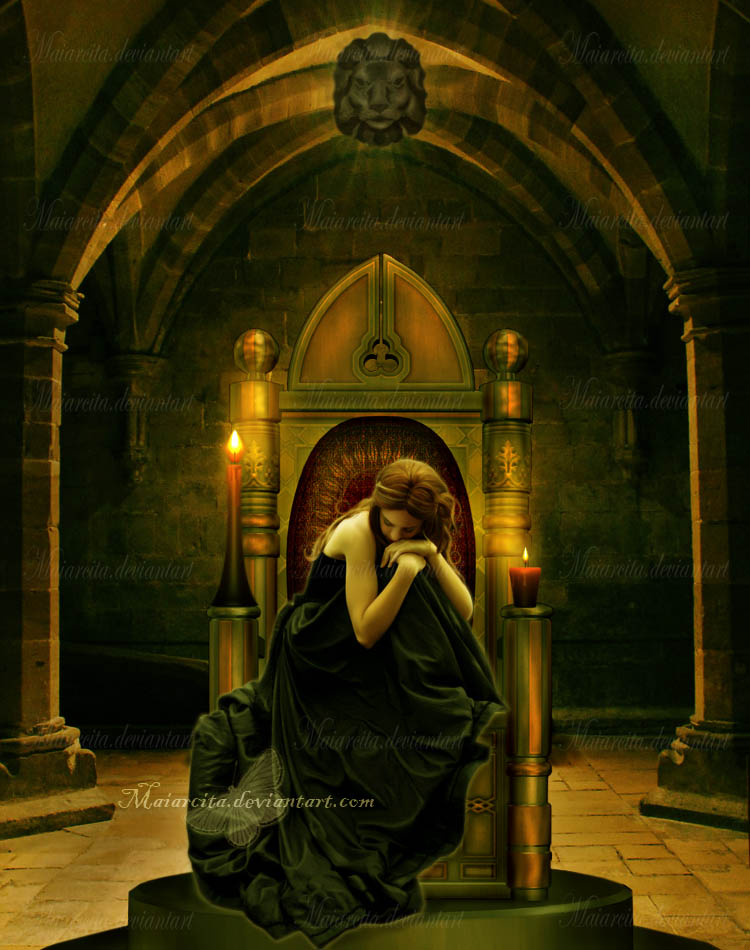While drafting one of my posts for Sci-Fi November I hit upon the fairy tale legacy. It’s something I’ve recognized for a while, you probably have too even before I gave it a term.
The fairy tale legacy is what everyone seems to be constantly fighting against – the idea of a princess that needs a hero to save her – the passive heroine – the damsel in distress. Everything most fairy tale retellings are trying so hard not to be.
Most people lay the blame of the fairy tale legacy at Disney’s feet. After all, the Grimm Brothers certainly didn’t make their stories all soft and pretty. Disney has been trying to overcome that perception for years. I first noticed it in Enchanted and it continues in their new live action versions of these stories. The thing is, I don’t think we need to fight the fairy tale legacy because I don’t think that’s what these stories actually say. So, I’m going to explore the agency of these heroines in different fairy tales throughout 2015.
Because in each of the most popular stories the women are the focal point of the entire story (even the most passive of them – Sleeping Beauty). Even in the dreaded Disney version, the ones we deride as setting the standard for helpless princesses, it’s her goodness more than the prince that saves her. But more on that in the months to come.
The focus today is that, at some point, someone decided all fairy tales are about weak women. And that wasn’t acceptable. So all fairy tales going forward must be about a woman who saves herself – and who possibly even saves the prince.
The problem with such a flat, simplistic point of view is that it keeps the characters from feeling authentic.
You can tell the difference, don’t you think, when someone has written a character consciously fighting the fairy tale legacy and when they’ve just written a character; when they’ve let the story progress the way it needs to. Even if I don’t name names. The movies where she has to save the day with almost a meta quality to it – the moment where she says, “I can save myself.”
Which is not to deride a self-sufficient heroine. Far from it. But there’s a difference between an authentic character and someone consciously defying the fairy tale legacy.
Let’s gender swap for a moment with Frodo (I call it the Frodo Road because I clearly like naming things). Tolkien didn’t fight to make Frodo strong. He wasn’t trying to make him a warrior like Aragorn or powerful like Gandalf. Still, he’s strong in his own way; particularly suited for his task.
Here there be spoilers for Lord of the Rings
He takes the ring as far as it is within his power to – which is all he said he’d do – bear the ring as long as it was within him to do so.
Frodo undertook his quest out of love – to save the world he knew from disaster at his own expense, if he could; and also in complete humility, acknowledging that he was wholly inadequate to the task. His real contract was only to do what he could, to try to find a way, and to go as far on the road as his strength of mind and body allowed.
– J.R.R. Tolkien in a letter to Mrs. Eileen Elgar (September 1963)
And in the end… though he did everything he said he would, though he’s honored as a hero, he didn’t destroy the ring.
/spoilers
Which does not make him less strong or less heroic.
And yet, if Frodo were a princess fighting the fairy tale legacy, he’d bear the ring. Without help from Sam. He’d be a savant with a sword. And kill Gollum. He’d cast the ring into the fires of Mount Doom and he’d probably also be a ninja.
Because princesses working to defy the fairy tale legacy aren’t allowed to be carried up the mountain – it would make them weak. They aren’t allowed to reach the end and not be the one to save the day.
But characters are so much more interesting when they are allowed simply to be – instead of fighting against something.
If you don’t buy into the fairy tale legacy – don’t start from a premise that princesses are weak – then you don’t have to work to undo it. You can simply write the princess you need to write and let the story take you where it will.
THE FAIRY TALE LEGACIES
Sleeping Beauty | Cinderella | Beauty and the Beast | The Little Mermaid | Snow White and Rose Red | Rapunzel | Jasmine | Twelve Dancing Princesses | Snow White | The Snow Queen | Overview


This is such a thought-provoking topic! It is getting repetitive that it seems prevalent that to turn a fairy tale on it’s head you need to make the princess someone who can fight for herself and while I do enjoy that, you are completely right that it doesn’t mean the princess is weak if that is not how her story goes. I think the new Into the Woods movie will be a great example of how you can reinvent a fairy tale and not just make it about making the heroine kick ass.
I’m looking forward to your series on this topic!
I’m curious to see Into the Woods because it does seem like a very different, interesting reinvention. Plus, I adore Anna Kendrick 🙂
And now the pressure is totally on with this series! I always kind of write expecting that no one will read it 😉
I completely agree with you on this, yet again. Why do people want to automatically assume that women in a fairy tale are meant to be weak? Everyone needs help, men and women. It’s OK, we’re human. I could never do the kick-butt physical stuff a lot of girls in YA do, but I don’t think that makes me a weak person, and I don’t feel like I am some poor helpless woman because of it. Everyone has strengths and weaknesses, and that a character, male or female, who displays both is more realistic and compelling than someone who is just completely awesome at everything.
You bring up such an interesting point, and one I had overlooked. The consequence of a constant need to portray kick-butt heroines is we keep readers from being able to relate to them. And also, if we portray that as the only version of strength is the implicit message that readers are weak? Because, you’re right, that’s not actually true at all. Thanks so much for bringing that into the conversation! 🙂
Love this post! I have the feeling that sometimes authors want women to not be weak that they fight it too much. I want realistic characters I don’t care of they are strong or weak.
Exactly 🙂 I think a good story can utilize both very effectively. Weak characters create very believable conflict. And realistic characters, however they impact the plot, are always more interesting.
“And yet, if Frodo were a princess fighting the fairy tale legacy, he’d bear the ring. Without help from Sam. He’d be a savant with a sword. And kill Gollum. He’d cast the ring into the fires of Mount Doom and he’d probably also be a ninja.”
=New Favorite AJ quote.
With regard to the “kick-butt” attributes of the new heroines, I agree with you completely. It is alienating to some of us (even if we secretly hope, we are warriors when thrust into that situation as so many are). I always imagine that my physically “weak” self knows how to outsource that job, worst case. Like, I will organize your spreadsheet in a skinny minute but I have mercenaries on speed dial when butts need to be kicked.
😀
I’ve been rewatching Nikita while I edit the TH audiobook and it makes me want to work out so much! I want to go running and I want to learn to fight. You’re like the Felicity Smoak – brilliant and administrative and let others kick butt. Did you ever start watching Arrow again? You totally should 🙂
I love this feature and I’m going to keep an eye out for all your posts. I have a huge love for Disney and fairytales in general, so I’m excited you are talking about this topic. I think it’s important to keep in mind that not EVERY women has to be kick-ass. You can be strong in different ways too even if that means someone else has to rescue you. Great idea 🙂
thank you 🙂 I’ve had so much fun researching fairy tales for these posts that I’m excited too! I can’t wait to hear everyone else’s thoughts and the chance to look at things from a different point of view.